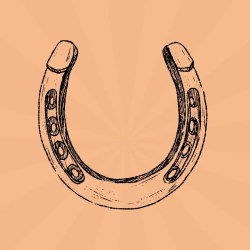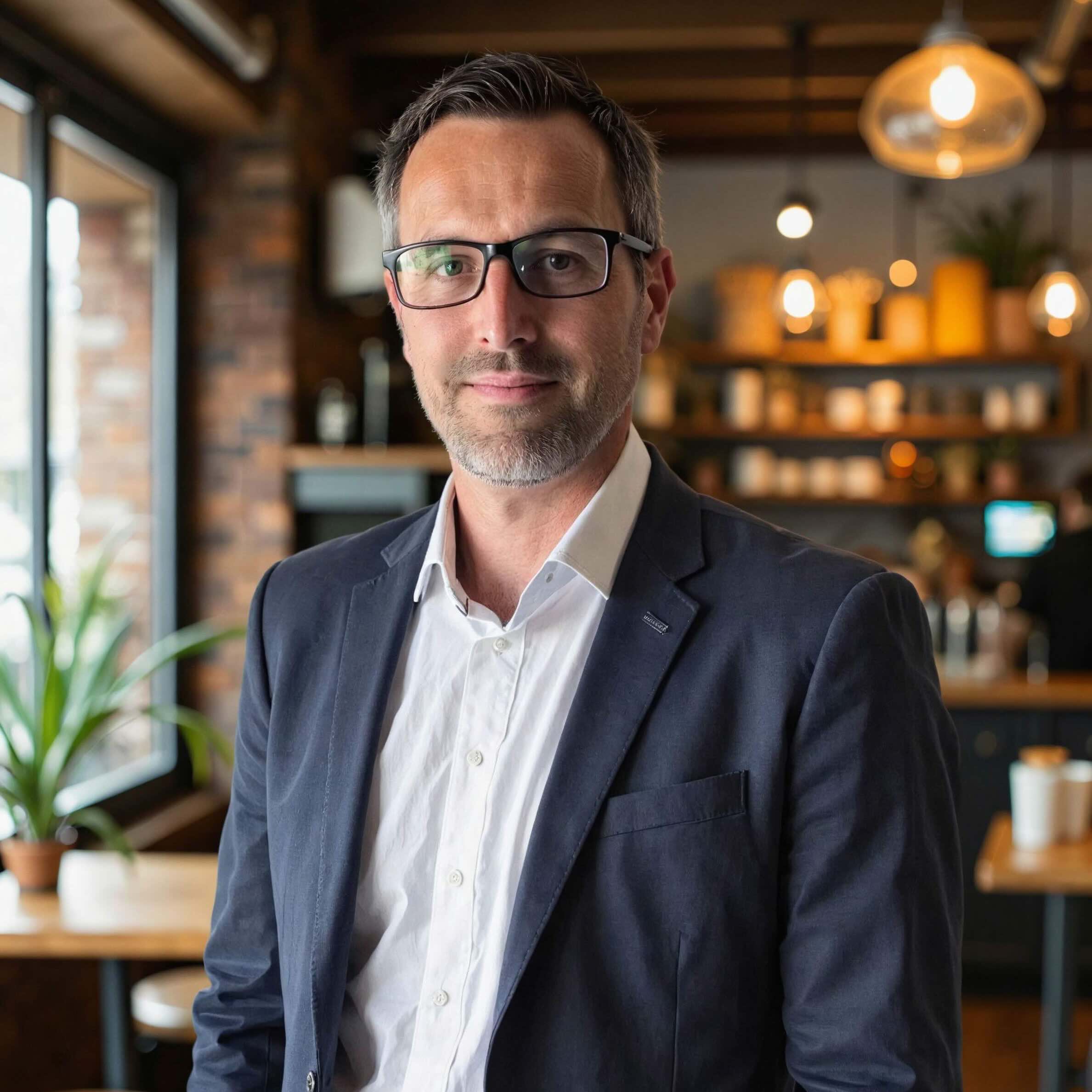There’s a phrase I’ve used for years when speaking to creative pros and teams. It was even the title of a chapter in my book The Accidental Creative:
“Cover bands don’t change the world.”
It always gets a knowing laugh, sometimes a nod, and occasionally a visible jolt—like I’ve just poked someone squarely in their ambition.
But let’s unpack it.
Cover bands have their place. They entertain. They evoke nostalgia. They help us relive a feeling, a time, or a sound. But no one remembers a cover band as the defining moment of a movement. No one says, “That Journey tribute band changed the trajectory of my life.”
Why? Because they’re reinterpreting, not inventing. They’re echoing something that once broke new ground, not digging fresh soil of their own.
And this is where the line hits home for creatives.
We are surrounded—suffocated, even—by derivative work. Scroll any social feed and you’ll see the same aesthetic, the same tropes, the same recycled bits dressed up as novelty. Everyone’s remixing, but few are creating from scratch. Fewer still are risking enough to be truly original.
Here’s the problem with that: The world doesn’t need more noise. It needs new signal.
Original work—the stuff that feels risky, raw, and even a little “off” at first—is what creates inflection points. It’s what shapes culture, moves people, and yes, changes the world. And yet so many creative professionals—brilliant, capable people—are stuck playing covers. Not because they don’t want to be original, but because they’ve been trained to believe that safe is smart, and familiar is effective.
It’s not.
Originality is the currency of impact. It’s the fingerprint you leave behind. It’s what makes someone stop and say, “Wait… who made this?”
Derivative work might get applause. But original work? That has a shot at starting a revolution.
Why We Drift Toward Safe Work
So why do we default to the cover band mindset?
Because originality costs. It costs attention, time, and energy. More than anything, it costs courage.
Doing something original means stepping outside the lines, outside the algorithm, and outside the comfort zone of what people are “used to.” It means risking misunderstanding, rejection, and failure. And if you’re leading a team—or even just trying to get your work approved—the pull toward the proven can feel irresistible.
But every breakthrough we admire—every band, brand, film, product, or movement that ever shook things up—started with someone saying, “I know this doesn’t look like what’s out there… but I think it matters.”
Those are the people we remember. And those are the voices that shape the future.
Original Doesn’t Mean Perfect. It Means Honest.
Here’s what’s important to understand: being original doesn’t mean being flawless. It means being honest. It means tapping into your unique way of seeing the world and expressing it without apology.
There’s a gritty, unfinished quality to truly creative work. It doesn’t always polish well in the beginning. But over time, that rawness becomes its power. People aren’t changed by what’s perfect. They’re changed by what’s real.
If your work doesn’t cost you something—emotionally, intellectually, or professionally—it’s probably just a cover.
How to Stop Playing Covers and Start Making Change
So what does it mean, practically, to stop playing covers in your work?
- Notice when you’re leaning on mimicry. Are you making something because it’s true to your vision, or because it “worked for someone else”?
- Chase discomfort. If a creative idea feels scary to share, it probably means you’re onto something real. Learn to walk toward that tension, not away from it.
- Define your voice. What do you believe? What do you see? What patterns do you notice that others ignore? Your perspective is your greatest asset—use it.
- Protect time for original thinking. It’s easy to become a content machine, but output isn’t the same as impact. Give yourself time to explore, wander, and experiment.
- Don’t let approval be your compass. Feedback matters, but it can’t drive the car. Great work often gets misunderstood before it gets admired.
Being creative isn’t just a job description—it’s a way of life. And the world doesn’t need more mimicry. It needs you, at full tilt.
















